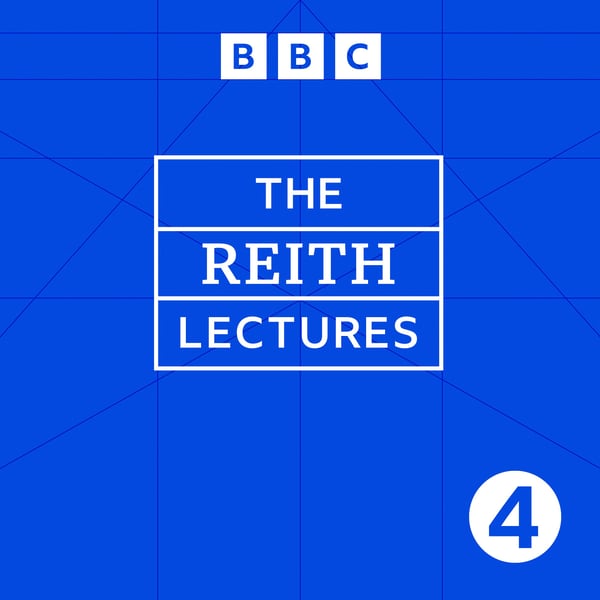The Idea of Wellbeing
The Reith Lectures
BBC
4.2 • 770 Ratings
🗓️ 16 December 2014
⏱️ 43 minutes
🧾️ Download transcript
Summary
The surgeon and writer Atul Gawande calls for a new focus on medical systems to ensure doctors work more effectively, alongside far greater transparency about their performance.
Speaking to an audience at the India International Centre in Delhi, he describes the story of medicine over the last century through the prism of his own family. From a grandmother who died in rural India from malaria - a preventable disease - to the high-tech medicine of today. He argues that despite its scientific advances, medicine has failed to exploit its knowledge successfully. In both the developed and developing world doctors do not carry out basic procedures effectively and often do not act in the best interests of their patients. He calls for wide-ranging research into the systems by which medical care is delivered, alongside far greater transparency about performance.
The Reith Lectures are introduced and chaired by Sue Lawley and produced by Jim Frank.
Transcript
Click on a timestamp to play from that location
| 0:00.0 | Hi, it's Nicola Cochlin. Young people have been making history for years, but we don't often hear about them. My brand new series on BBC Sounds sets out to put this right. In history's youngest heroes, I'll be revealing the fascinating stories of 12 young people who've played a major role in history and who've helped shape our world. Like Audrey Hepburn, Nelson Mandela, |
| 0:22.4 | Louis Braille and Lady Jane Gray, history's youngest heroes with me, Nicola Cochlin. Listen on BBC Sounds. |
| 0:30.3 | Hello, I'm Dr. Atul Gawande, and this is a download from my 2014 BBC Reith Lectures |
| 0:36.9 | series. My theme is The future of medicine, and this lecture |
| 0:41.4 | is called the idea of well-being. Hello and welcome to the last of this year's BBC Reith |
| 0:49.8 | lectures. Today we're in New Delhi at the India International Centre, one of the country's best |
| 0:55.9 | known cultural institutions. India is where our lecturer's roots lie. Although he was born and |
| 1:02.8 | brought up in America, his parents were doctors who came from here. His grandfather, I can reveal, |
| 1:09.1 | lived in this country until the age of 109, an inspiration perhaps for a grandson who's written a book called Being Mortal. |
| 1:17.2 | In this series of lectures, he's been discussing the future of medicine, looking at why doctors fail, at how improving systems can improve healthcare across the world and at the difficult issues |
| 1:30.0 | of aging and death. The title of this final lecture is the idea of well-being. Ladies and |
| 1:37.3 | gentlemen, please welcome the BBC Reith Lecturer 2014 Atul Gowande. |
| 1:54.0 | Thank you. |
| 1:58.5 | Thank you for the chance to be here to deliver this final Reith lecture. |
| 2:03.6 | Returning lets me bring our family story full circle because that story reflects the progress of global health |
| 2:07.6 | and also the lack of it. |
| 2:09.6 | My father grew up in a rural village in central India in Maharashtra, |
| 2:13.6 | where he was one of 13 brothers and sisters, |
| 2:16.6 | but his parents nearly died before any of the |
| 2:19.9 | children were born. His father, Sitharam, was 18 years old and newly married when his own father |
| 2:27.4 | died after the harvest failed one year when the monsoon rains didn't come. Sitharam inherited his father's debts to moneylenders |
| 2:36.4 | and therefore was forced into indentured labor, |
... |
Transcript will be available on the free plan in -3759 days. Upgrade to see the full transcript now.
Disclaimer: The podcast and artwork embedded on this page are from BBC, and are the property of its owner and not affiliated with or endorsed by Tapesearch.
Generated transcripts are the property of BBC and are distributed freely under the Fair Use doctrine. Transcripts generated by Tapesearch are not guaranteed to be accurate.
Copyright © Tapesearch 2025.

